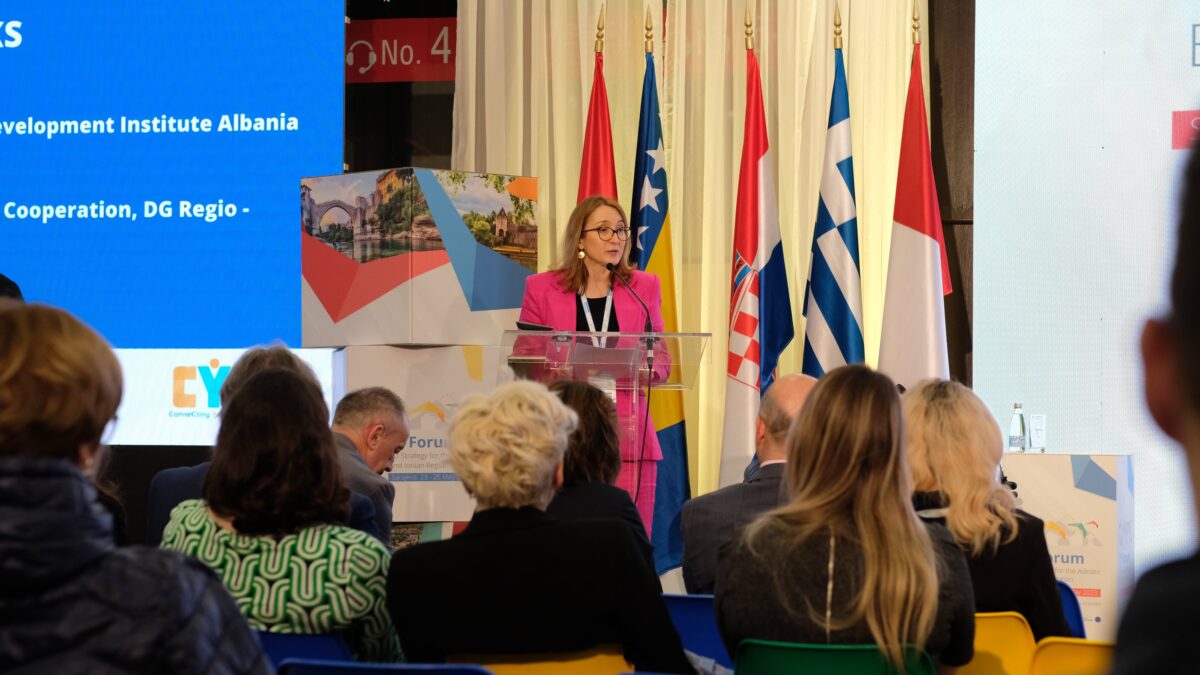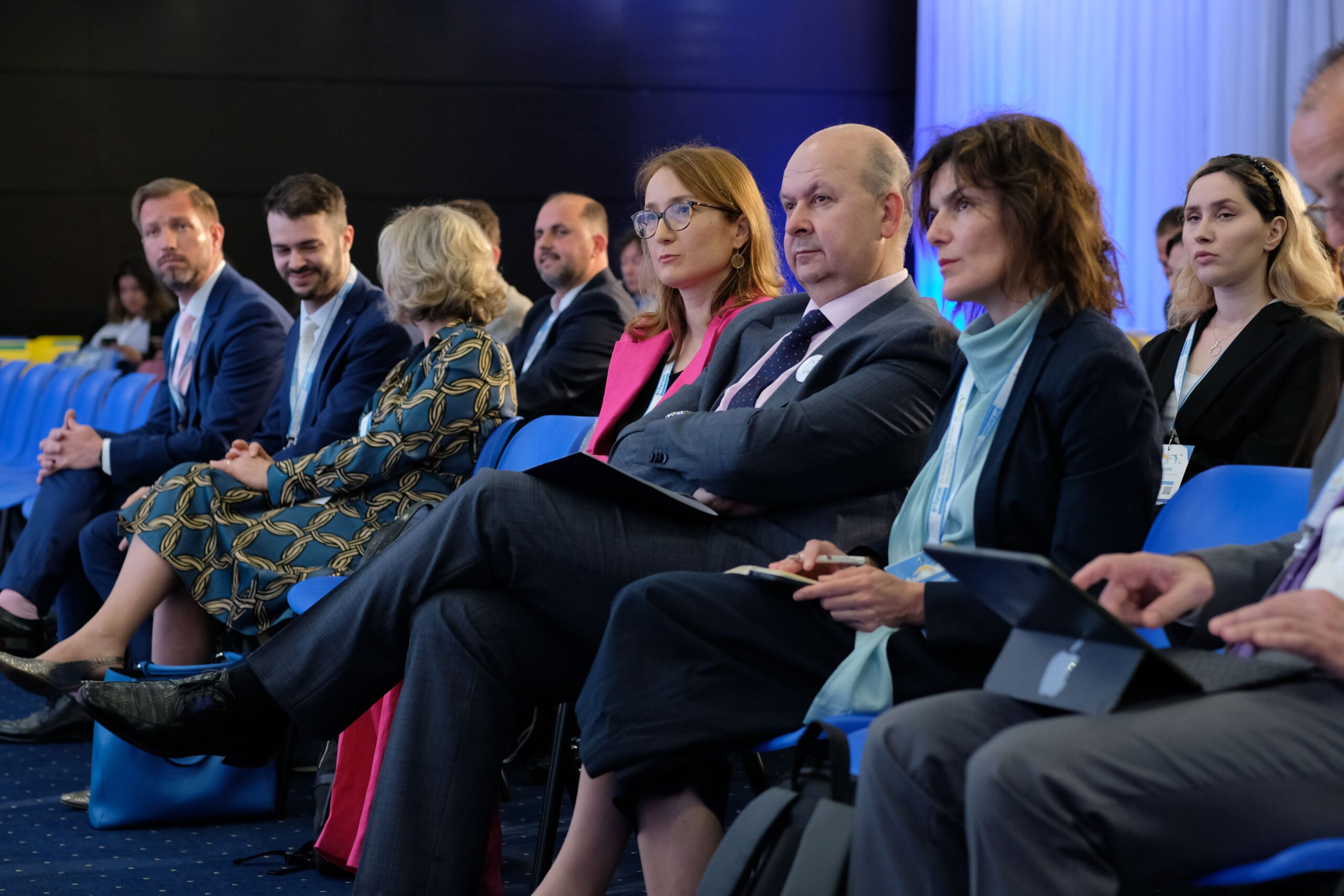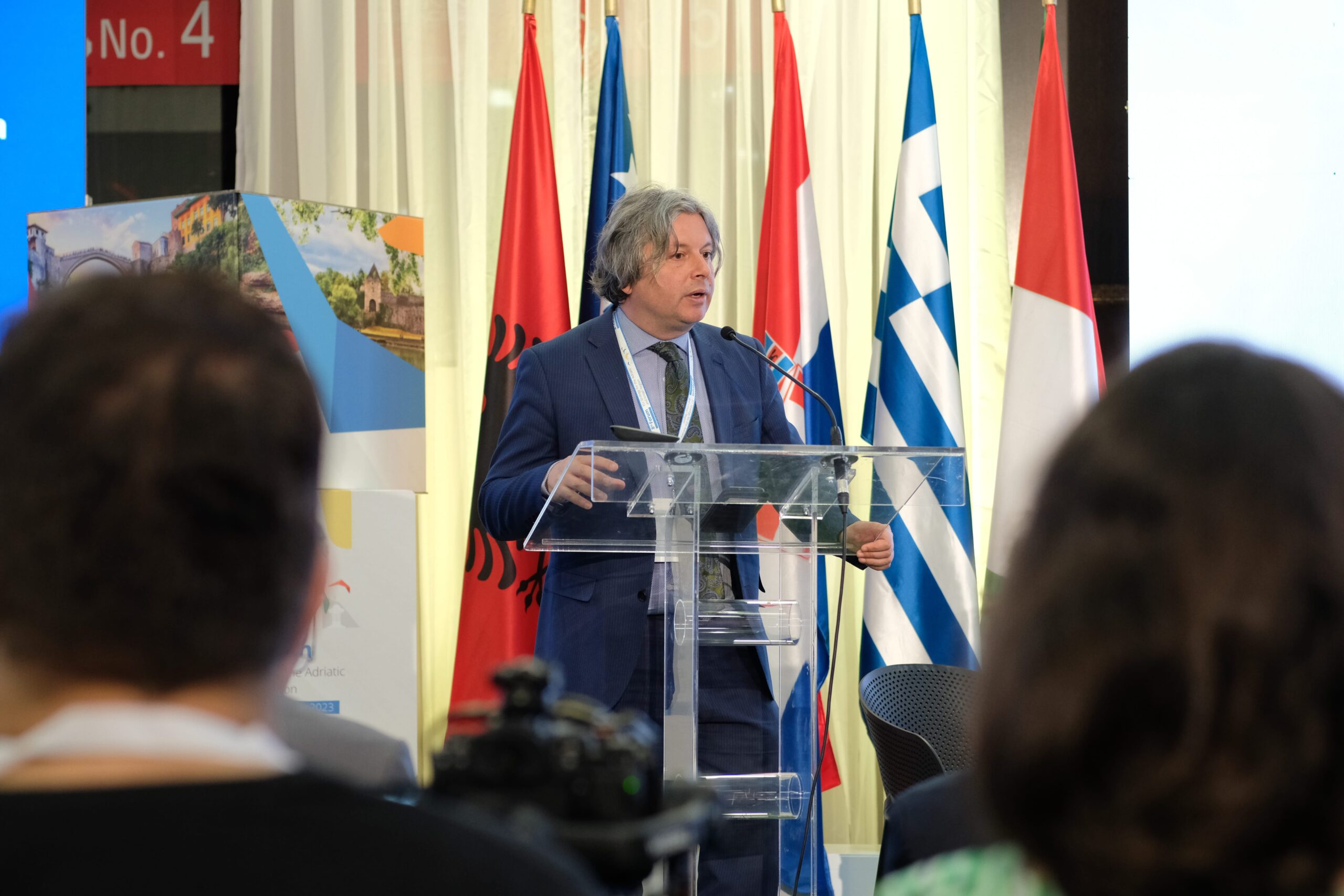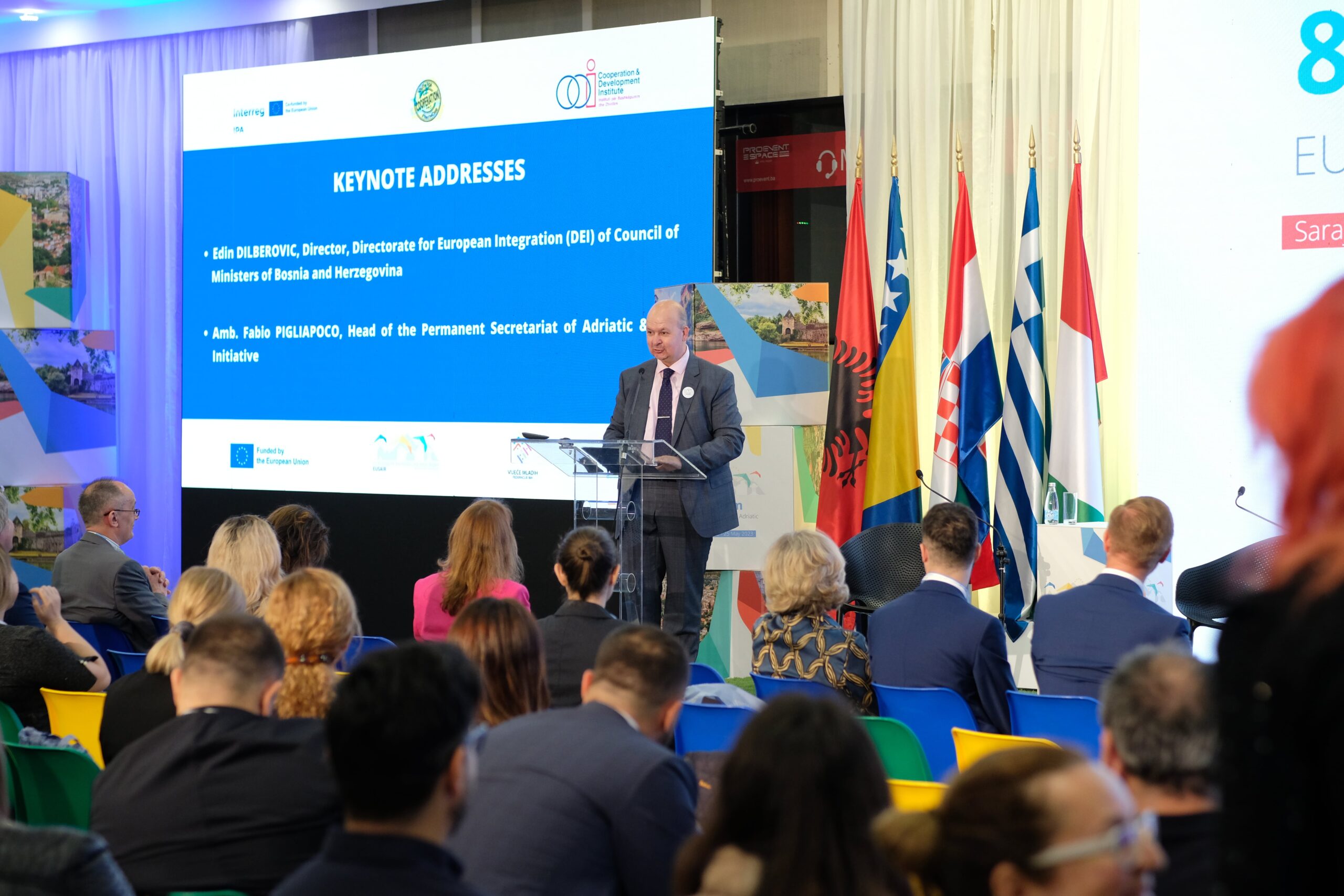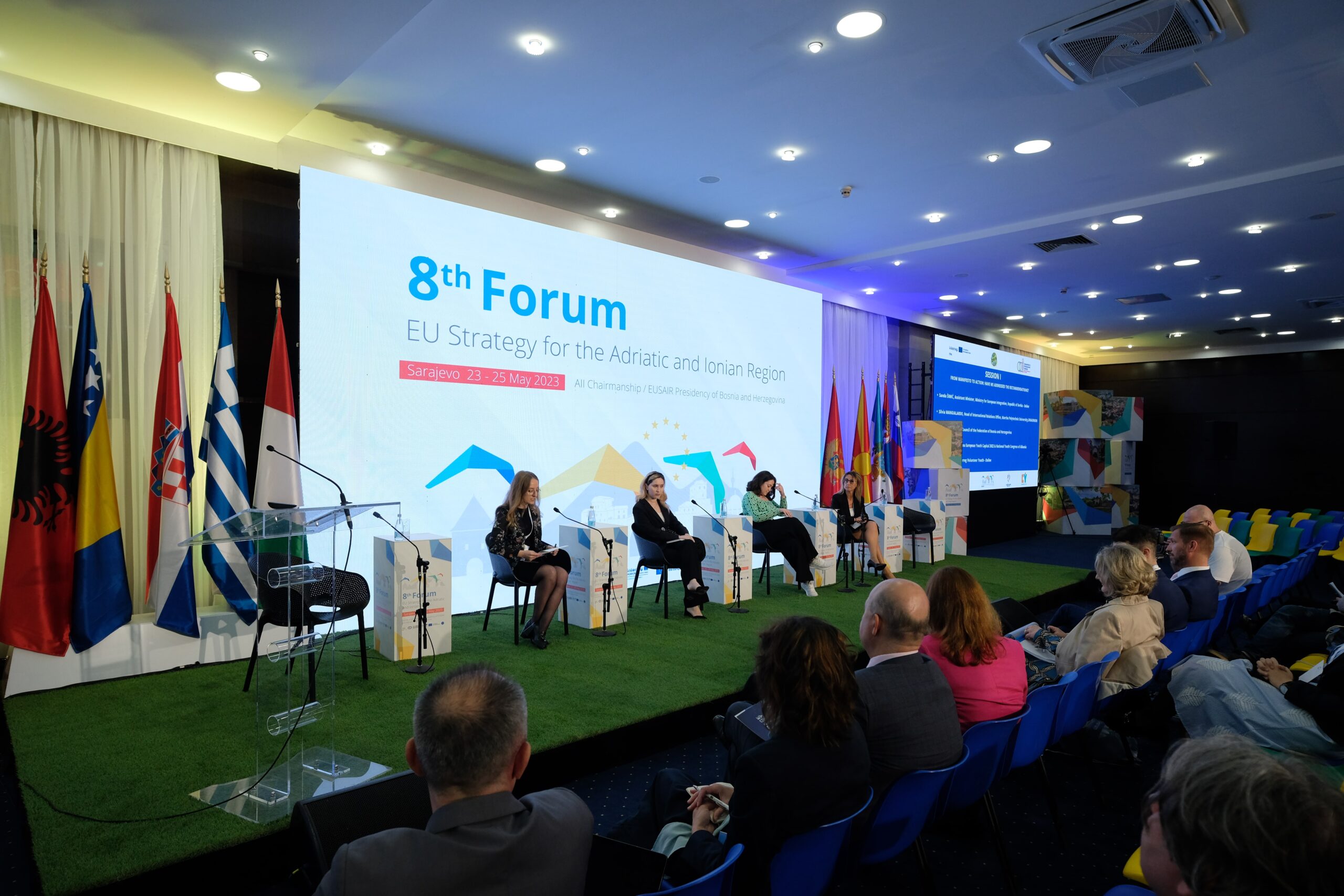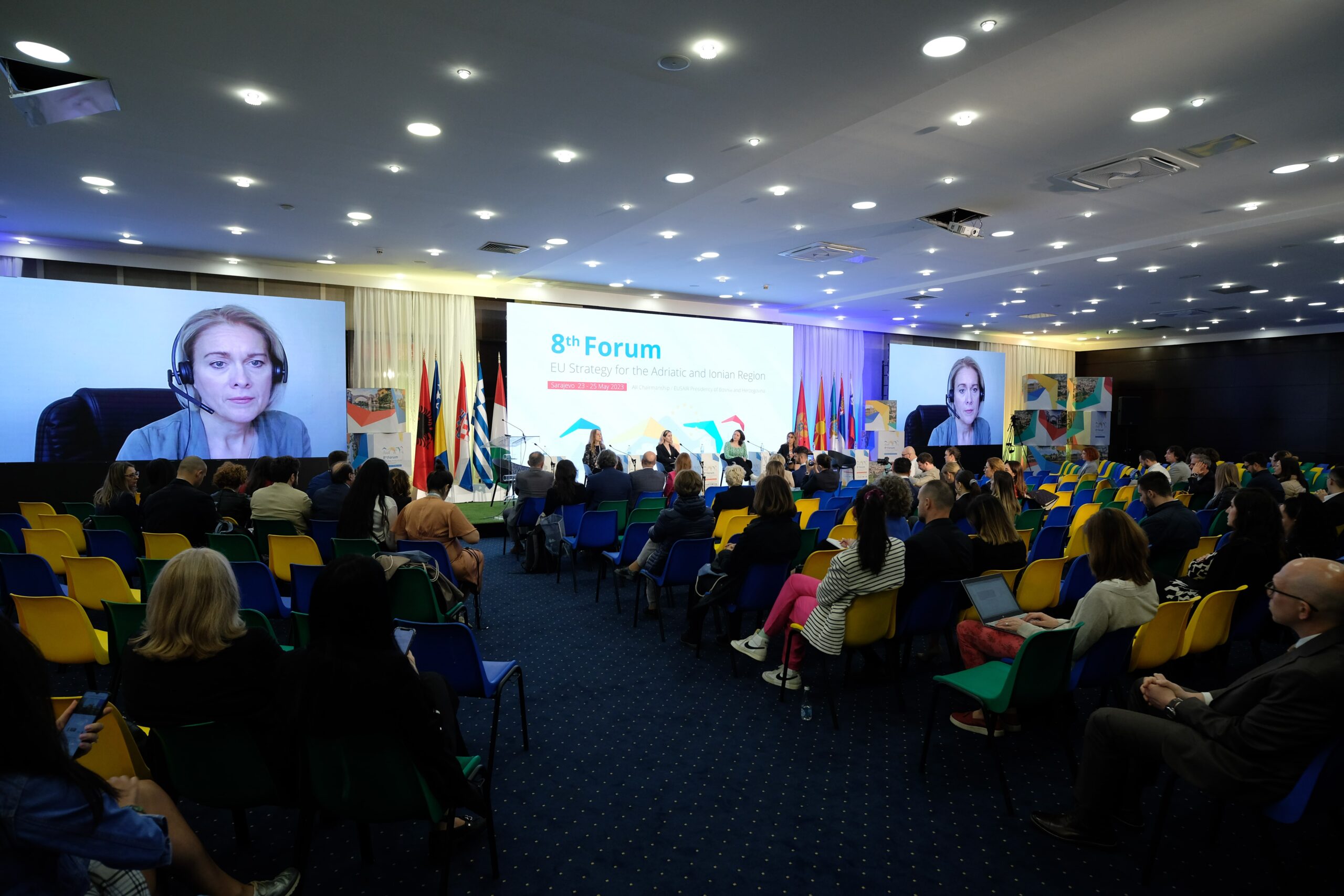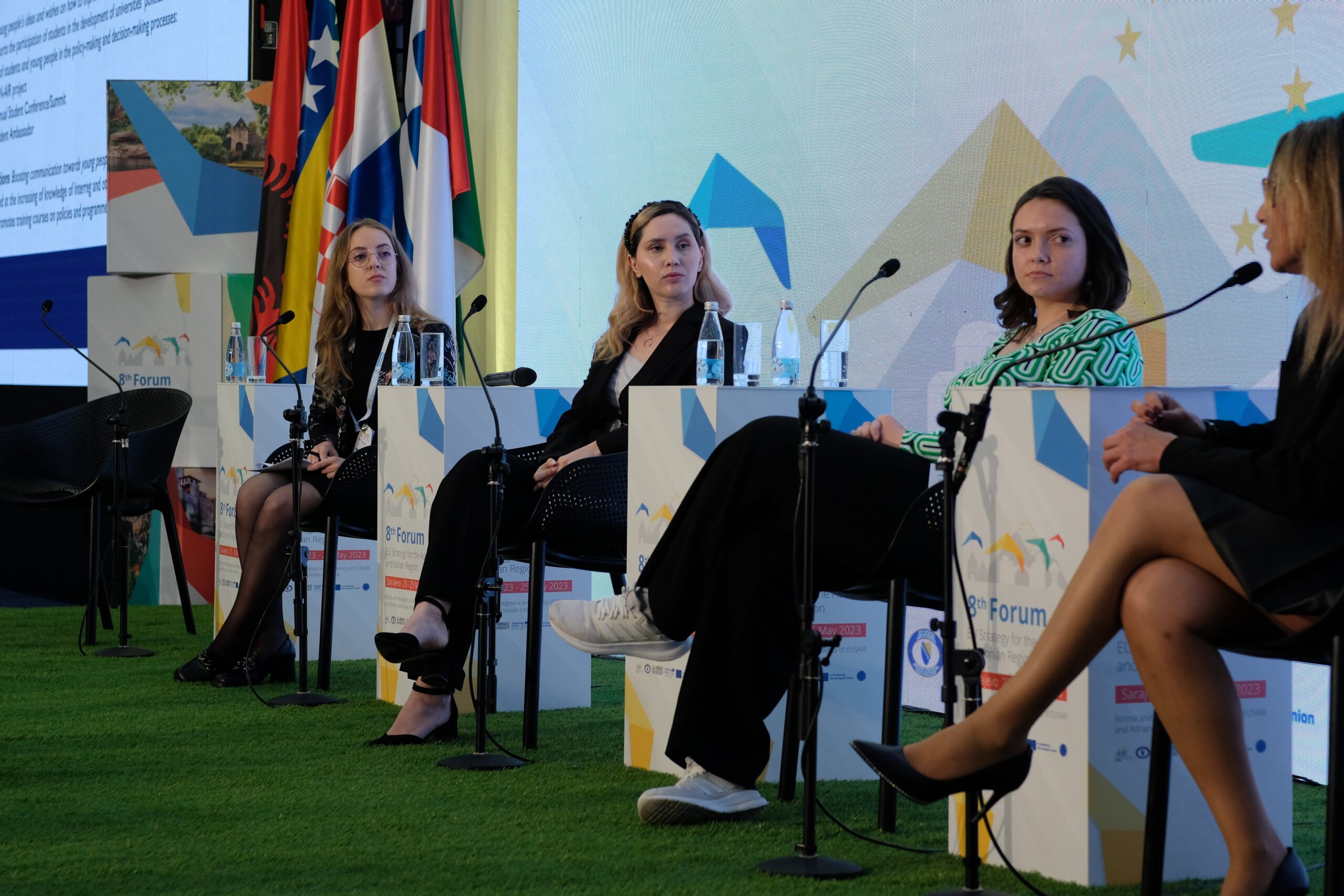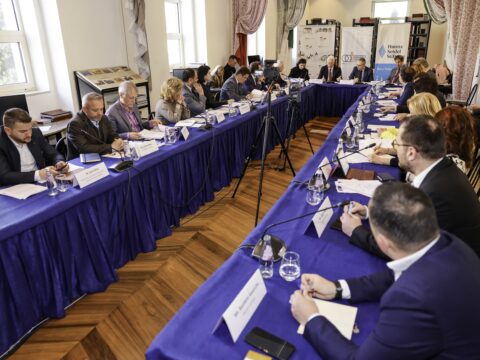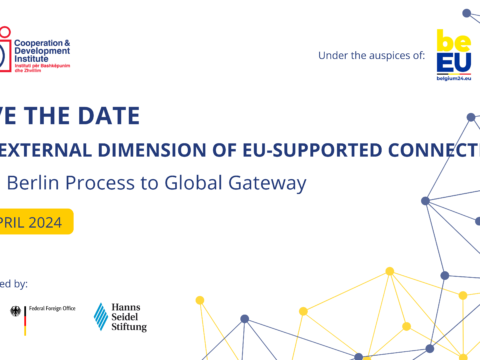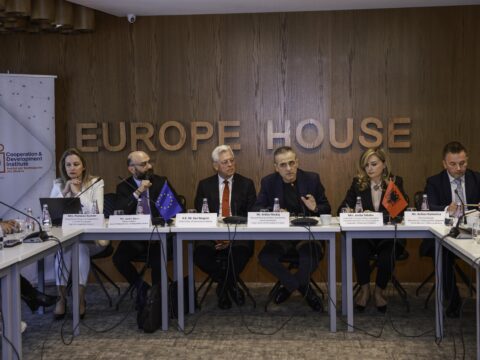Jun 5, 2023
The role of youth has been taking center stage in the Western Balkans 6’s political discourse with regard to the shaping of the region’s future. This focus on youth was prominently highlighted during the remarkable 2022 European Year of Youth, alongside of the one-year long of with and for youth activities implemented during the Tirana European Youth Capital 2022 title, both providing empowering platforms for youth to actively contribute to the societal development.
Building upon this momentum, the 2023 European Year of Skills continues to champion the involvement of young people, recognizing their crucial role in the development and integration processes of WB6.
During the year-long EUSAIR Presidency of Bosnia and Herzegovina, youth remained a priority as the accession dynamics opened the way for more involvement of local actors.
In the framework of the 8th EUSAIR FORUM and of the “Raising awareness on the Youth Manifesto in the Western Balkans” initiative, the Cooperation and Development Institute in partnership with the European Commission organised the INTERREG IPA EUSAIR Youth Conference on the first day of the Forum, 23rd of May.
The Conference gathered WB youth representatives, national institutions, INTERREG stakeholders, upcoming Croatian EUSAIR Presidency, EU Commission officials, etc., in the efforts to steer the discussions among stakeholders and promote feasible ways of engaging youth in European Territorial Cooperation policymaking dynamics.
The event highlighted to what extent the involvement of young people in the policy shaping of our respective actions contribute to better align youth needs.
The Executive Director of the Cooperation & Development Institute Albania, Ms Krisela Hackaj, kicked off the event by emphasising “Bringing in our youth can be the spearhead of a more dynamic WB accession process with focus on convergence and cohesion.”
“The process of EU integration of the whole region, it is simply impossible without young people, because it is about their future” was the main takeaway of Mr Edin Dilberovic, the Director of the Directorate for European Integration (DEI) of Council of Ministers of Bosnia and Herzegovina during his speech.
Mr Gilles Kittel, from the European Commission Directorate General for Regional and Urban Policy, highlighted how the revision of the EUSIAR Strategy represents a momentum for creating more space for young people and have more cohesion in the region.
Ms Sanda Šimic, Assistant Minister from the Serbian Ministry for European Integration followed by mentioning that “There is no use of what we do if we do not involve young people” when asked about achievements and challenges in embedding the Youth Manifesto in the programmes and Strategies in Serbia, during the first panel of discussions.
Best practices were shared by the Head of International Relations Office, Marche Polytechnic University, UNIADRION, Ms Silvia Mangialardo who highlited among others “Our network of universities is engaging with young people through different projects and and competitions were they can express their ideas and perspective”.
Presents on the first panel were also two national Youth Councils representative, respectively Ms Dea Elmasllari from the National Youth Congress of Albania and Ms Iman Maslic representing the Youth Council of the Federation of Bosnia and Herzegovina. Both focused on the importance of investing in communication among youth, institutions and other relevant stakeholders, because young people struggle to understand opportunities offered to them and to get meaningfully engaged.
Ms Simona Mameli from the Italian Government, highlighted the importance of having youth not only represented in the governance level, but also active in monitoring the flagship projects of the Strategy. The Italian proposal to EUSAIR for a brings in the best practice of the “At the school of Open Cohesion”.
Mr. Robert Lichtner, the coordinator of the Danube Region Strategy stressed the importance of pursuing long-term solutions instead of fragmented ones. He highlighted the crucial role of facilitating a mutual learning process between young individuals and experts to ensure a meaningful impact.
Promising news was shared by Ms Lidija Pansegrau Hadrovic for the Ministry of Foreign and European Affairs of Croatia, holding the next EUSAIR Presidency. “Inclusion of youth in the coming EUSAIR governance and in monitoring the pillars of the Strategy is at the basis of the establishment process of the Youth Council aimed to be concluded on May 2024.” said Ms Hadrovic.
This conference was part of a series of events throughout the WB6 to better inform youth on EUSAIR, INTERREG IPA and Youth Manifesto with the aim of increasing youth participation in Territorial programmes organised by CDI in cooperation with DG Regio and local stakeholders.
Consult here:
PowerPoints Presentation:
Marche Polytechnic University – UniAdrion (Ancona – Italy)
Ministry of Foreign and European Affairs of Croatia
Rebecca Marconi, University of Macerata
More information about CDI’s engagement in “Raising awareness on the Youth Manifesto in the Western Balkans” can be found here.



